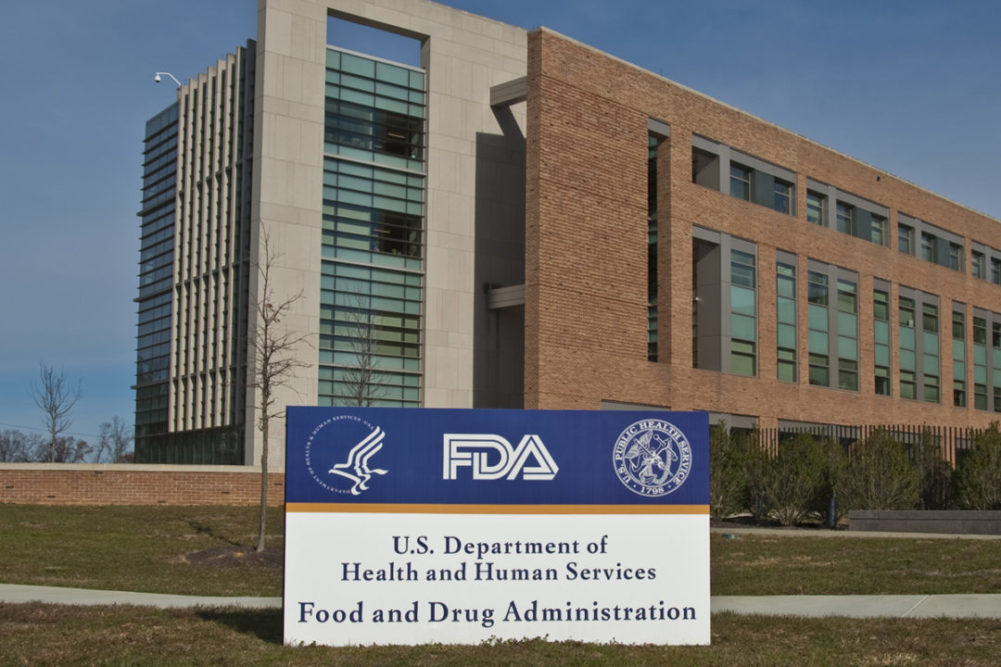WASHINGTON – Thirteen organizations representing animal welfare, public health and environmental interests signed letters urging Agriculture Secretary Tom Vilsack and Health and Human Services (HHS) Secretary Xavier Becerra to allow the US Food and Drug Administration (FDA) to maintain regulatory authority over genetically engineered (GE) food animals.
In January, former Agriculture Secretary Sonny Perdue and Brett Giroir, MD, HHS Assistant Secretary for Health, signed a Memorandum of Understanding (MOU) that put most oversight of genetically engineered food animals under US Department of Agriculture (USDA) control. Opponents of the MOU said it weakened the FDA’s authority to protect public health.
At the time the MOU was announced, Perdue said the MOU leveled the playing field for American pork producers and their global competitors. He said regulations had “…stifled innovation, causing American businesses to play catch-up and cede market share.”
The National Pork Producers Council (NPPC) expressed its approval of USDA oversight of genetically engineered agricultural animals. NPPC submitted comments to the USDA stating the move would “foster innovation, allow for producer access to this technology, and preserve the preeminence of American agriculture globally.”
But in the letters to Vilsack and Becerra, the groups said “... reassigning regulatory authority to an agency avid to market GE animal products world-wide represents a conflict of interest and very likely could compromise the scientific integrity of the risk assessment of novel GE animals.”
The groups cited as an example the case of a hornless dairy cow developed by Recombinetics, a St. Paul, Minn.-based bioengineering firm.
“The USDA had been touting the gene editing used to produce the “hornless” (polled) cow as being just like conventional breeding, only faster,” the letter said. “The company insisted that it had examined the genomic sequence of the animal and found no unintended effects. Fortunately, FDA scientists examined the sequence of the animal and found that the engineering had left a full copy of a plasmid and a second copy of the repair template sequence in the genome, making this a transgenic animal” or an animal with a foreign gene deliberately inserted in its genome.
“The plasmid, which contained genes for resistance to the antibiotics ampicillin, neomycin and kanamycin, was used to edit the DNA but should not have been left behind in the genome of the animal,” the letter stated.
“Despite concerns that FDA still needs to develop final regulations on genetically engineered animals, FDA possesses the scientific and administrative capacities to regulate these animals better than USDA,” said Jaydee Hanson, policy director at the Center for Food Safety. “President Biden has said that his Administration will be science-based. Leaving genetically engineered animal regulation to the FDA is the science-based approach here.”




